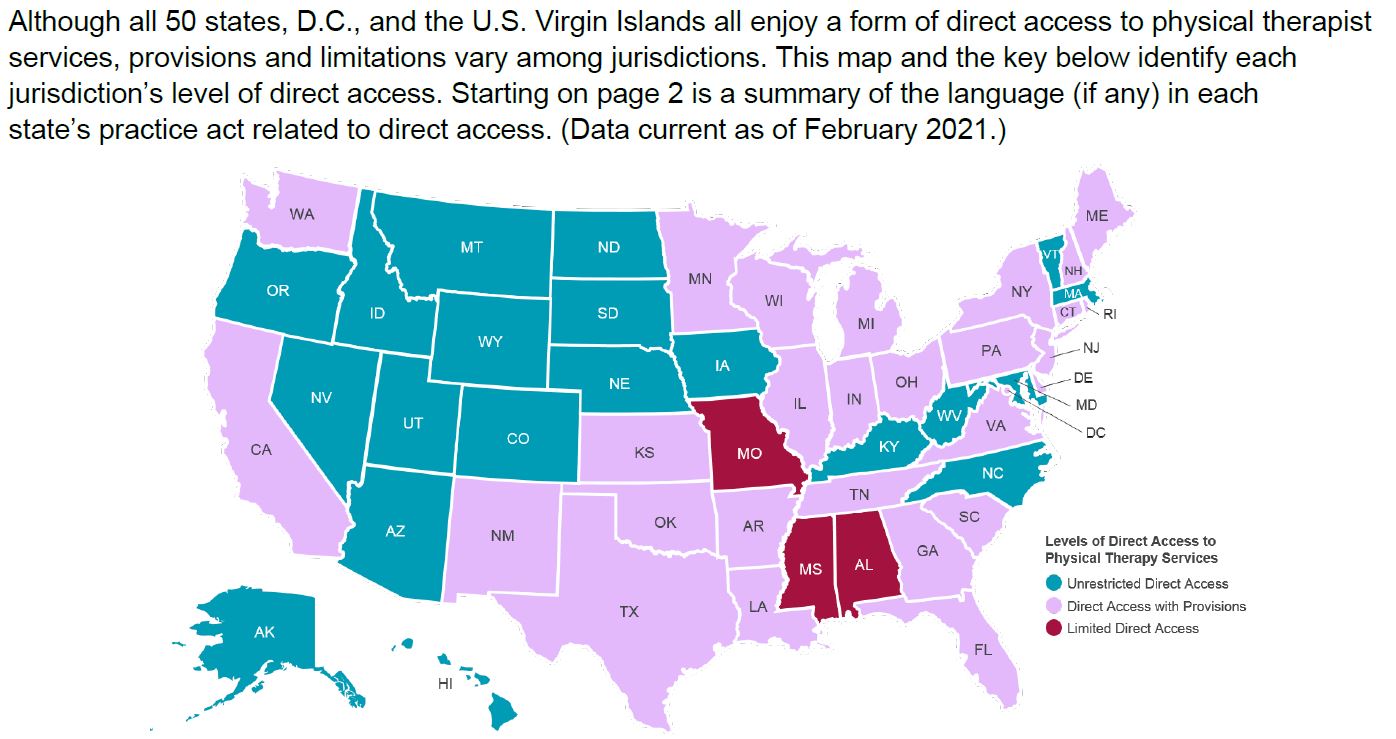by Irina Stiasny, PT, DPT
Pregnancy can be both an extremely rewarding and challenging time in the life of every mother. The changes that occur in your body can present new challenges and concerns that you have not previously experienced. Over the last several decades, research has shown that exercise can help promote a healthy pregnancy, delivery and recovery after childbirth. 1 There are some safety concerns to be aware of while exercising throughout pregnancy, but multiple studies have shown that there are safe ways to be active during pregnancy.
Benefits of Exercise During Pregnancy:2,3
- Decreased risk of gestational diabetes & long-term obesity
- Improved energy levels, posture, muscle tone, strength, and endurance
- Possible faster/easier delivery
- Enhanced recovery from childbirth
- Reduced back pain
- Reduced bloating & swelling
- Improved self-esteem
Recommended Guidelines
Types of Exercises:2,3
- Walking
- Swimming
- Stationary Biking (note: cycling is NOT recommended due to risk of falling)
- Prenatal Yoga
- Resistance training with light weights (for those who participated in this prior to pregnancy)
High-impact activities, intense sports, and aggressive stretching should be avoided because they can increase stress on the muscles, tendons, ligaments and joints, and could also pose risks to the baby.
Exercises Frequency, Intensity and Duration:
Recent research has led to a recommendation of working out 3-4 times a week during pregnancy, for a duration of 30-40mins.2,6 In terms of intensity, past research showed a max heart rate of 140 bpm was a good guideline for average pregnant women. However, this did not account for women who consistently worked out pre-pregnancy, or for different ages of the pregnant women. Current research shows that a good guideline is the “talk test”; you should be able to have a conversation without much shortness of breath during all your workouts. It is important to not overdo it in your workouts to limit risk to both yourself and your baby. 2,1,5
Exercise Risks During Pregnancy:2,3,5
It is always recommended to have physician approval before starting or continuing any exercise program, as there can always be risks associated with it.
Risks for Mother:2,3,5
- hypoglycemia (low blood sugar)
- fatigue
- musculoskeletal injuries
Risks for the baby are primarily hyperthermia (overheating) and decreased uterine blood flow, so it is crucial to stop exercising before fatigue sets in and to follow the recommended guidelines for exercise mode, frequency, intensity, and duration. Should any of the following warning signs occur, exercise should be discontinued immediately and the mother should consult her physician.
Exercise Warning Signs during Pregnancy:2,5
- Vaginal Bleeding
- Muscle Weakness
- Shortness of breath prior to exercise
- Calf pain or swelling
- Dizziness or Headaches
- Preterm Labor
- Decreased Fetal Movement
- Chest Pain
- Amniotic Fluid Leakage
Avoid Exercises if you have these Diagnoses:2
- Pregnancy–induced hypertension (high blood pressure)
- Incompetent cervix
- Intrauterine growth retardation
- Second and third trimester bleeding
- Premature rupture of membranes
Nutrition:
Pregnant women are generally told to consume between 300-500 extra calories during pregnancy, depending on the stage of pregnancy. Before exercises, a meal rich in carbohydrates should be consumed. It is also important to hydrate well before, during and after exercises to prevent exertion and dehydration. 4
To summarize, exercise during pregnancy can be great and has many benefits for both the mother and baby. Even most women who were not exercising prior to their pregnancy can engage in an exercise program, provided they have clearance from their physician and follow the general guidelines listed above. Exercise can help maintain health and fitness without jeopardizing the well-being of a baby.
The BreakThrough Wellness program is a great resource for pregnant women that are not sure how much to work out or which exercises are appropriate. A trained physical therapist can help provide individualized exercise plans to address dysfunctions to allow pregnant women to continue to be healthy during pregnancy without putting herself or baby at risk. BreakThrough Physical Therapy aims to help you to be healthy and fit during pregnancy.
About the Author:
Irina Stiasny, PT, DPT is a new mom to a beautiful 6 month old baby boy. She has ran and worked out prior to and throughout her entire pregnancy. She has been an avid runner since 2005. She has run over 20 half-marathons and 4 full marathons. She has been practicing physical therapy since 2008 and coaching Monta Vista High School cross country/track and field since August 2012.
Bibliography:
1. Rice PL, Fort IL.( 1991) The relationship of maternal exercise on labor, delivery and health of the newborn. J Sports Med Phys Fitness. 1991 Mar;31(1):95-9
2. http://www.afpafitness.com/research-articles/guidelines-for-exercise-training-during-pregnancy/
3. http://www.nlm.nih.gov/medlineplus/magazine/issues/winter08/articles/winter08pg26.html
4 Blount, Darynee (2005). Growing a Baby: Diet and Nutrition in Pregnancy. The Birthkit, Issue 46.
5. http://www.mayoclinic.org/healthy-living/pregnancy-week-by-week/in-depth/pregnancy-and-exercise/art-20046896



